Many people tend to skip dental check-ups if there is no acute pain in their oral cavities. This can lead to advanced gum disease, tooth abscess, and many other unpleasant consequences. You should understand that only a professional dentist can recognize the early sight of certain oral issues and perform the timely and proper treatment. In this article, we gathered six obvious signs that you should visit a dentist.
1. Your gums are bleeding
If you have punctured your gum and it starts bleeding, there is no reason to rush to the dentist (unless the injury is significant). However, if your gums are bleeding regularly after eating or toothbrushing, it can be a sign of developing gum disease.
It is essential to treat gum disease in the initial stages since it can lead to gum recession and even teeth loss if left untreated. Ask your dentist about the most suitable treatment options for gums disease.
2. You suffer from a toothache
Despite the common myth, tooth decay affects not only children and people with a sweet tooth. It can occur in everyone regardless of age, sex, or food preferences. When tooth decay affects the enamel, it can develop asymptomatically. When it reaches the dentin (that contains nerves and blood vessels), the pain can become severe.
However, tooth decay is not the only cause of toothache. A tooth abscess, gum disease, tooth fractures, and many other factors can also lead to severe pain. That’s why you should visit the dentist as soon as possible to avoid further complications.
3. There are white patches in your mouth
If you have noticed white patches that cover your mouth, tongue, and inner cheeks, it can be a sign of thrush. This condition is caused by Candida (fungi) overgrowth. These fungi are always present in your body, but their multiplication can be triggered by various factors like illness, medication, or pregnancy.
Oral thrush can be treated with the help of antifungal medications (mouthwashes or pills). Lifestyle changes and immunity improvement can also help decrease the number of fungi.
4. You lost a tooth
You can lose a tooth because of advanced gum disease, a hit in the face, and other health issues. A lost tooth can cause a lot of unpleasant consequences. It can lead to shifted teeth, problems with chewing, facial asymmetry, etc. In case of a lost tooth, you should visit the dentist immediately.
You can ask your doctor about a single tooth implant that will fill the gap in your dentition. It is essential to replace the lost tooth as soon as possible.
5. You have halitosis
Despite the fact that halitosis (bad breath) can be caused by various factors, certain oral issues can also contribute to bad breath. For example, gum disease leads to gum pockets that accumulate dental plaque and food particles. Due to the rotting process in these pockets, your breath can have an unpleasant smell.
Tooth decay can also cause halitosis because the cavity is usually filled with plaques, bacteria, and food debris. Moreover, this mixture can rot that will enhance the unpleasant odor.
6. There is a lot of tartar on your teeth
Tartar occurs when dental plaque is not removed properly and becomes hard. In most cases, tartar develops near the gumline but it can also occur between the teeth. It can cause gum disease and receding gums.
It is essential to remove the tartar at the dentist’s office. You can perform professional teeth cleaning to remove plaque and tartar from your teeth. It will prevent the development of complications and improve your smile.
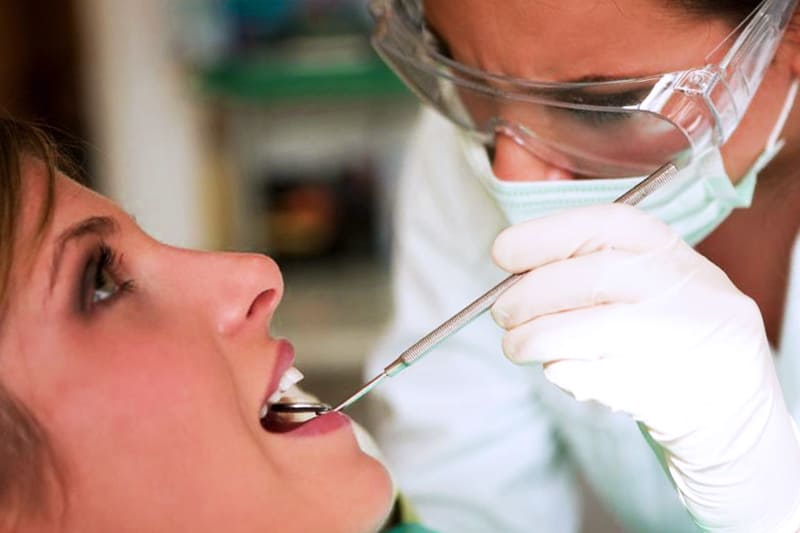










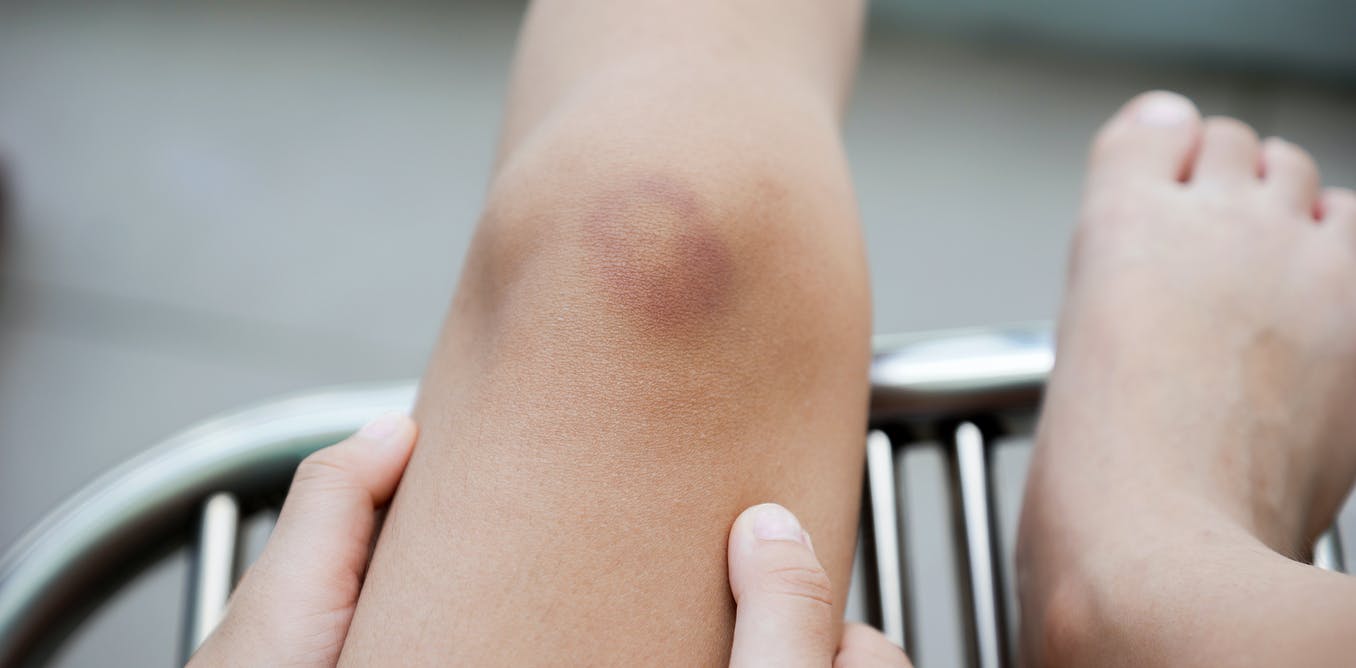












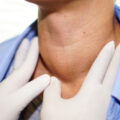
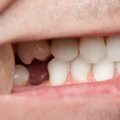
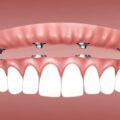



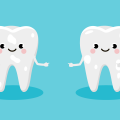







No Comments